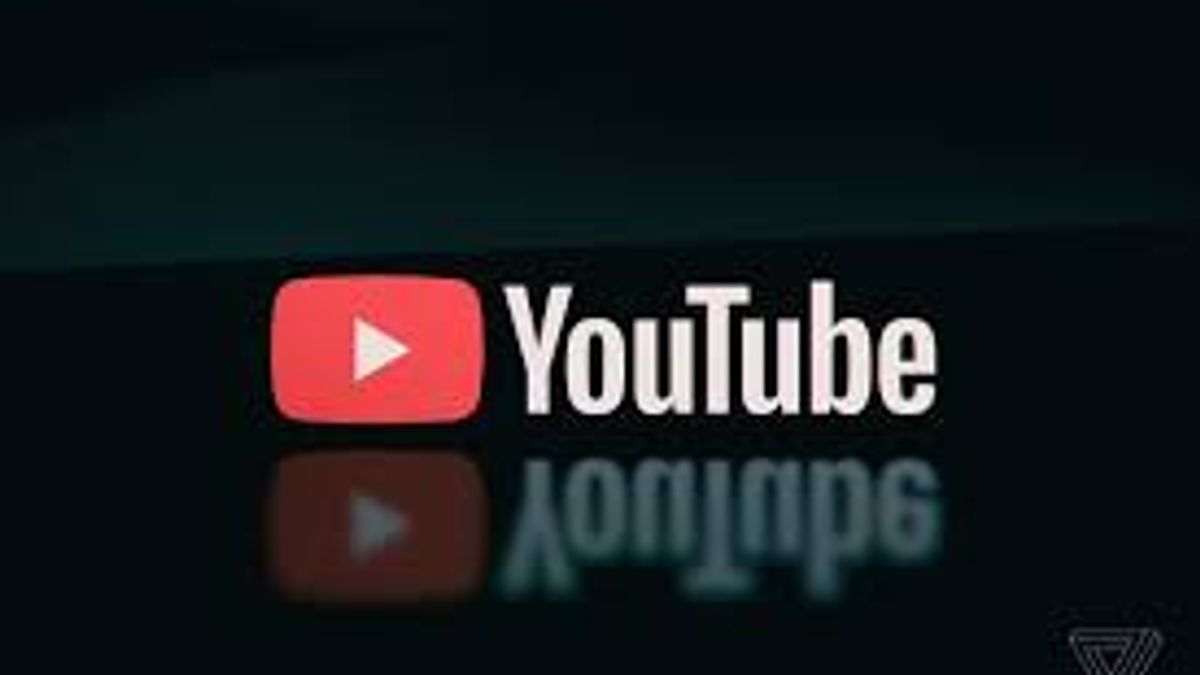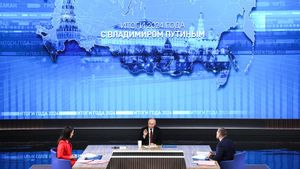JAKARTA – Russia on Wednesday 29 September threatened to block YouTube. The Kremlin also called for "zero tolerance" against the video-hosting giant after it removed the German-language channel of the Russian state-backed broadcaster, RT (Russia Today), from its website.
Online video company Alphabet Inc removed the Russian state-owned German-language channel RT last Tuesday because it had violated its COVID-19 misinformation policy.
On Wednesday, September 29, YouTube said it would block all anti-COVID-19 anti-vaccine content by including content that accuses the vaccine of causing chronic health effects or contains misinformation about the substance in the vaccine.
Russia said it was considering retaliating against the German media and also accused YouTube of "unprecedented information aggression" following the company's move against the RT channel.
The row creates a new line of tension in Russia's standoff with foreign tech giants and its long-term push to assert greater sovereignty over its internet segment.
Russia's state communications regulator, Roskomnadzor, said it had written to Google demanding that YouTube's restrictions on the RT channel be lifted. Russia can partially or completely restrict access to YouTube in its country if they fail to comply with the request.
While Google declined to comment on this matter.
"Russia can impose measures to force YouTube to comply with our laws", Kremlin spokesman Dmitry Peskov told reporters. He added that the law appears to have been violated in this case.
"Surely there should be zero tolerance for this kind of lawlessness", he said.
Russia's foreign ministry said it would draw up a "proposal to develop and take retaliatory measures against German YouTube and media hosting services".
Vasily Piskarev, a lawmaker who heads the parliamentary commission to investigate foreign interference, said Russia had reasons to take action against Deutsche Welle, the TASS news agency reported.
Christian Mihr, executive director at Reporters Without Borders (RSF) Germany, said threats of action against German journalists were "completely inappropriate".
Berlin denied allegations from the Russian foreign ministry that YouTube's decision had been made with the clear and tacit support of German authorities and local media.
SEE ALSO:
"This is a decision by YouTube, based on the rules made by YouTube. This is not an action (taken by) the German government or any other official organization", German government spokesman Steffen Seibert told reporters.
Moscow has stepped up pressure on foreign tech companies in the past year, fined social media companies for failing to remove content Russia deems illegal, and penalizing Twitter for slowing down.
Separately on Wednesday, Russia fined Google 6.5 million rubles (IDR 1.2 billion), the latest in a series of minor penalties for failing to remove content Moscow deems illegal.
Kremlin critics say that mounting pressure on Google and Apple has prompted media giants to remove anti-government tactical voting apps from their stores on the first day of parliamentary elections this month.
The English, Chinese, Japanese, Arabic, and French versions are automatically generated by the AI. So there may still be inaccuracies in translating, please always see Indonesian as our main language. (system supported by DigitalSiber.id)

















